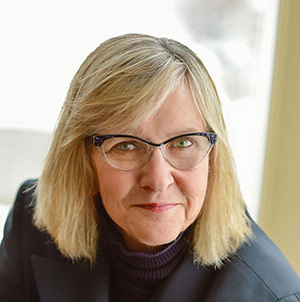Here is a map showing broadband capability in the Le Sueur County region. Folks, the coverage is extremely limited! Click here to learn Broadband 101, Broadband Technologies Overview & What’s happening in South Central Minnesota.
Click to see the Blandin Foundation’s Broadband blog.
A new federal infrastructure proposal includes funding for rural areas, but does not include anything specific for broadband. Broadband will be competing with roads for infrastructure funds in each state. Closing the digital divides requires dedicated and adequate capital. In sparsely populated areas, it is not economical for private industry to deploy broadband infrastructure.
Minnesota has made grant funds available as well. However, new broadband providers want to cross into territories “held” by current vendors, there is an appeal process. Southern Minnesota telecommunications vendor Bevcomm, for example, obtained Minnesota grant funds to expand from New Prague south into Heidelberg this year but did not plan to go further west due the ability of telecommunications vendor Frontier to deny approval. Next year, I understand, Bevcomm is willing to plan to expand further with support for its efforts.
I am a representative who understands broadband is an important lifeline for education and economic development in rural communities. And, I understand new rules eliminating net neutrality will further disadvantage rural communities.
Since April 2018, I have been leading a coalition of area citizens which is exploring our options, current position and opportunities to expand broadband capability in Le Sueur County and southern Scott County. Below, see the timeline of the coalition’s activities.
April 4, 2018 – Attended The Region 9 Development Commission’s Connect Rural Broadband Summit – assessed the challenges, shared success stories and identified action steps for the future. We met representatives from The Blandin Foundation.
May 15, 2018 – Presented the coalitions’ activities summary to the Le Sueur County Board of Commissioners – the board approved the coalition’s grant application to The Blandin Foundation for further research activities.
May 31, 2018 – Submitted grant application to The Blandin Foundation – Although the full grant proposal was not awarded, The Foundation did award the coalition 32 hours of Blandin staff consultation work to develop a plan for future activities. This award includes assistance to do an online survey of area residents of their needs and wants. This survey is slated to debut in August 2018.
June 19, 2018 – Attended The Upper Midwest E-Connectivity Listening Session in Faribault – Coalition members heard needs and success stories showing collaboration between federal, state, county and local government along with vendor collaborations that have brought success to other communities. Here is a the listening session on You Tube. Agencies within the federal government are also working to improve broadband access through the Broadband Interagency Working Group.
late June, 2018 – Met with Southern Minnesota Initiative Fund (SEMIF) President Tim Penny – Sought advice on how to map existing businesses and schools that need broadband access and how to include possible future businesses and schools. The idea here is to develop this map parallel to the installation plan presented by vendors so access will go to where it is actually needed.
July 2018 – Met with Minnesota Valley Electric Cooperative – Identified opportunities with the director to partner on broadband installation.
– Working with Minnesota Office of Broadband Development – with the director, working to position the coalition and Le Sueur County for 2019 funding.
August 2018 – Connect citizens with the online survey – Find as many citizens as possible to do the online survey developed by The Blandin Foundation.
HELP IMPROVE BROADBAND CONNECTIVITY IN LE SUEUR COUNTY
Take the survey here.
September 2018 – Meet all possible vendors – Identify and meet all broadband vendors and possible partners
October 23-24, 2018 – Attending the conference Border to Border Broadband: Transforming Minnesota – The Blandin Foundation will select communities to have their consultants analyze development strategies. Here’s more about the conference.
